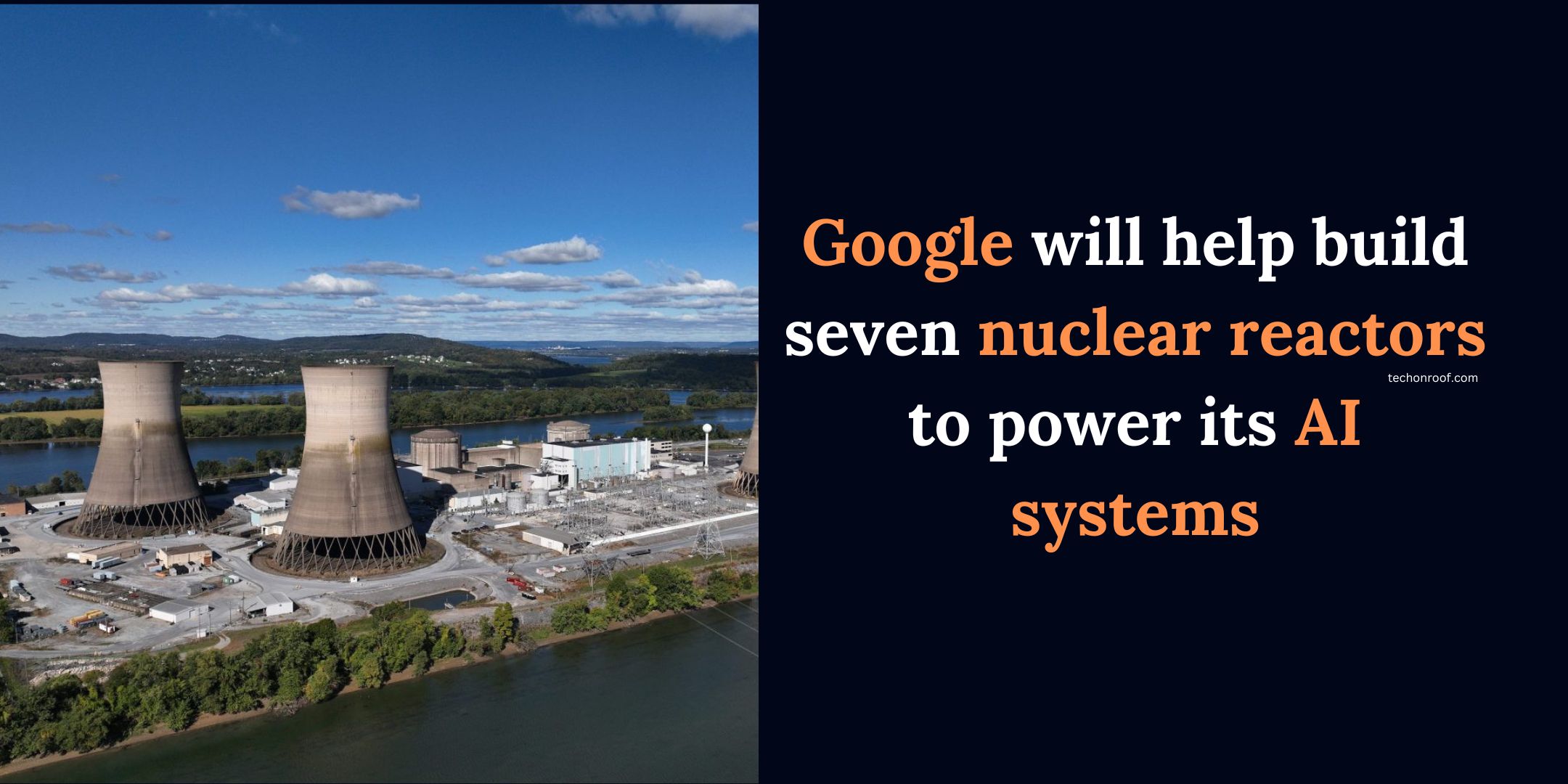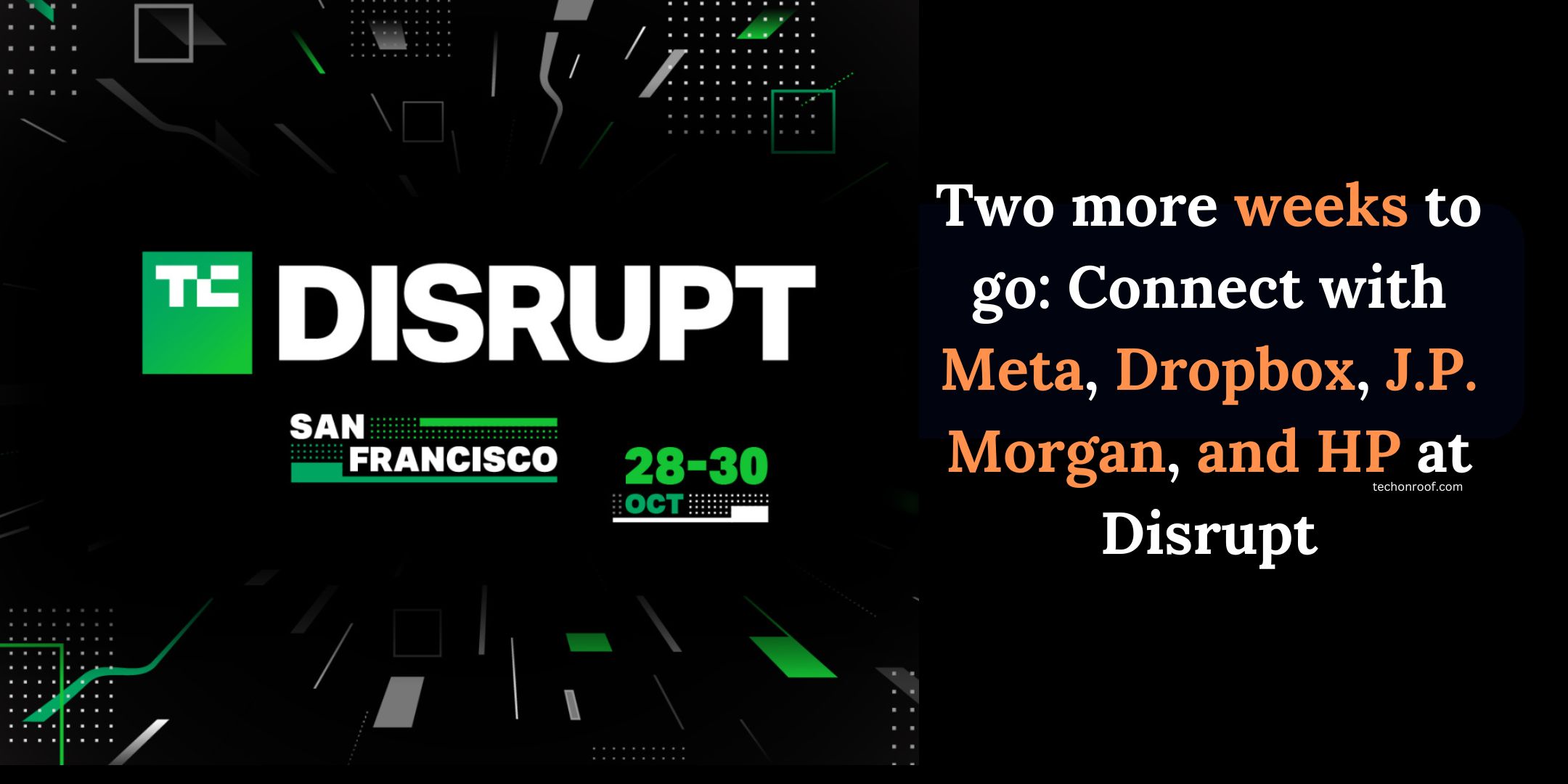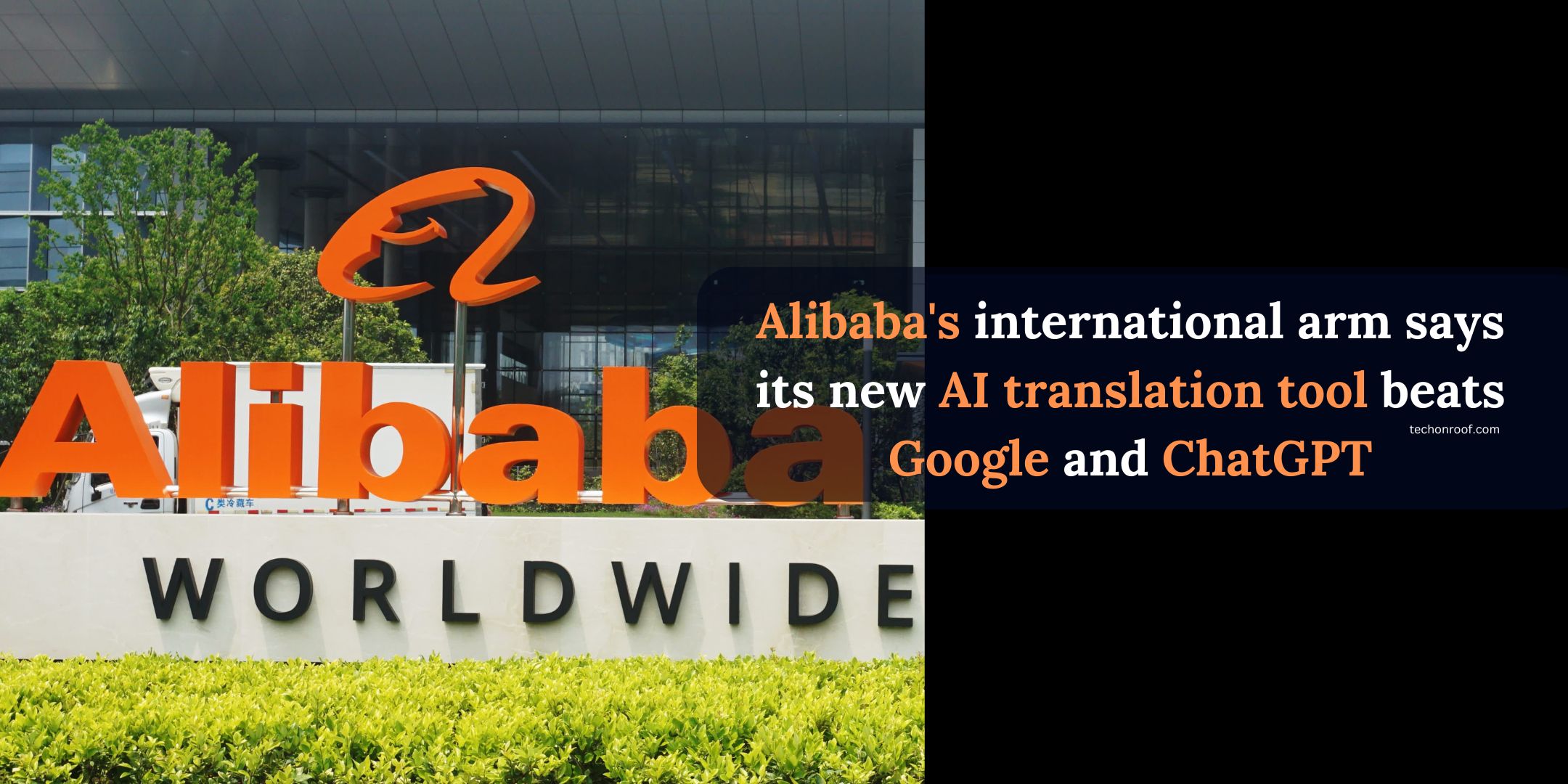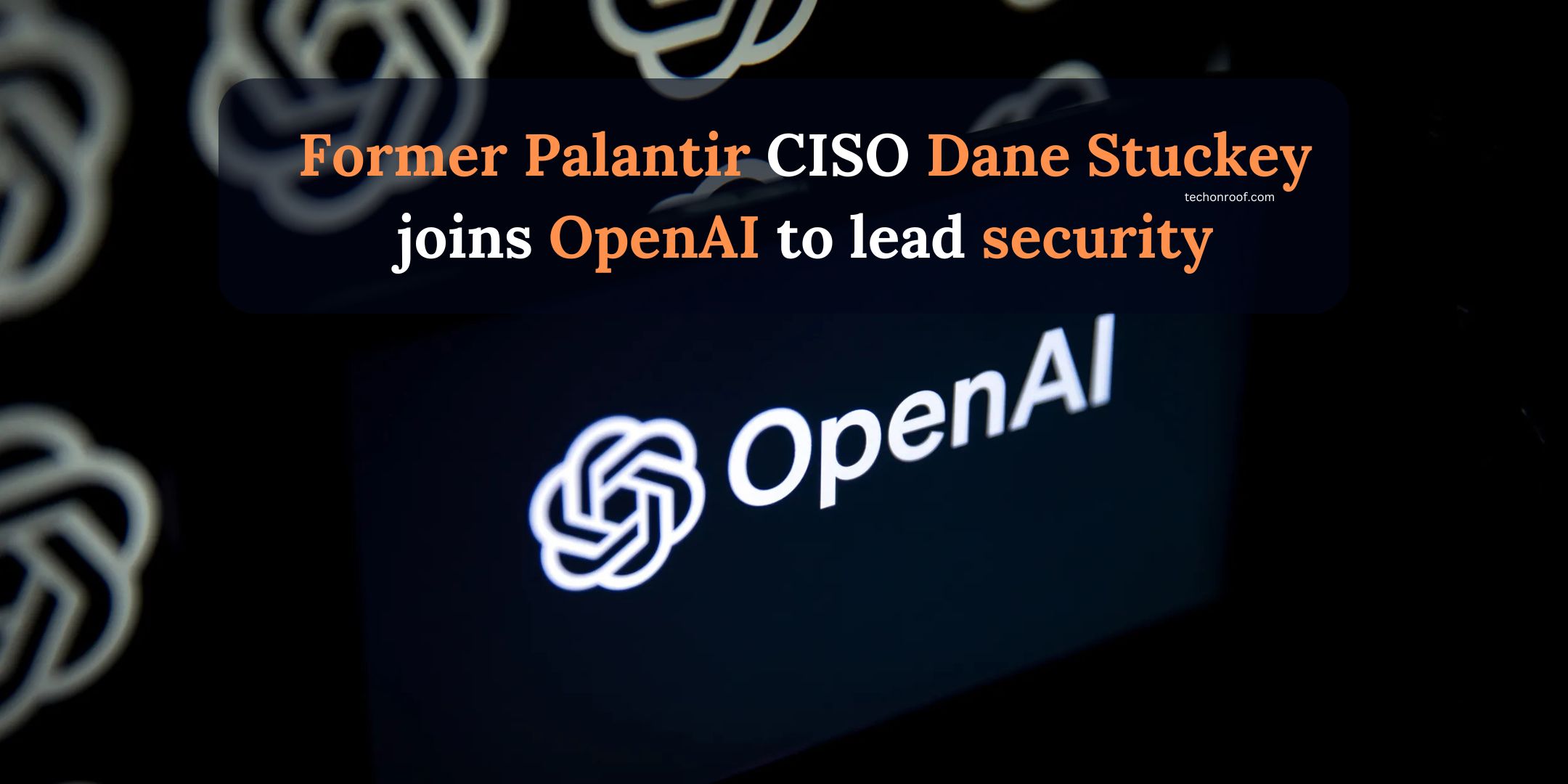Google has entered into a first-of-its kind deal to help build seven small nuclear reactors in the United States along with venture Kairos Power. Starting with the first reactor in 2030, others will be operational from 2035. Combined, the reactors will produce 500 megawatts of electricity, enough to power a midsize city, and all will power Googles AI operations.
The firm said in a blog post announcing that nuclear energy has so much promise to become a source of reliable, round-the-clock power available to supply the needed electricity with carbon-free energy every hour. Hence, Google is looking at speeding up its steps on development of such energy solutions side by side with local communities-a step forward in accelerating global efforts in decarbonizing electricity grids.
Startup Kairos Power is using cutting-edge technology for the new reactor design, with a molten salt cooling system that runs at lower pressure. This design does not fit into the many people’s imagination of large nuclear towers, and it has just been broken ground on an unpowered demonstration reactor, in Tennessee earlier this year.
Google refuses to comment further on the investment as well as on the exact site locations of the reactors. Meanwhile, Microsoft had recently joined hands with Constellation Energy to reactivate a nuclear reactor at the renowed Three Mile Island site, and the company was looking at operating that to generate its power for AI data centers.
With such a speed with which AI is spreading in the world, chances of electricity demand going manyfold are not far away from the wish lists of the U.S. power grid. According to recent Grid Strategies projections, North America’s energy needs have doubled in the past year alone over the next nine years. Peak demand is expected to increase by 38 gigawatts-a number that can power approximately 12.7 million homes. As Google and Microsoft thrust into advanced AI capabilities, they look for advanced nuclear solutions that can meet their energy requirements sustainably and permit them to predict a more reliable power supply in the future.





